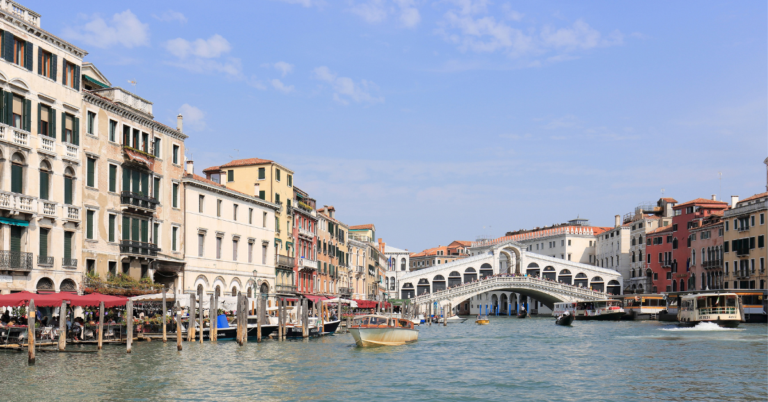15 Reasons Travel Trends Are Sparking Controversy

Travel, once a celebrated act of exploration, is now facing renewed scrutiny. This shift is driven by changing societal values and evolving digital culture. With debates over travel ethics growing louder, travelers find themselves caught in controversy. Here are 15 reasons why travel shaming is making a comeback.
Environmental Concerns

A decade ago, discussions about personal carbon footprints felt niche. Today, they dominate global discourse, reflecting widespread concern about climate change. With growing awareness of aviation’s environmental impact, frequent flyers now face heightened scrutiny. Social media plays a key role in amplifying calls for accountability, holding both travelers and airlines responsible.
Post-Pandemic Judgment

Before 2020, vacations were primarily personal choices. However, after the global COVID-19 lockdowns, travel decisions turned into social issues. The pandemic reshaped perceptions: travelers who ignored restrictions were harshly criticized, while those who remained cautious were praised. The pandemic’s legacy continues to influence how society views movement and responsibility.
Dark Tourism Commercialization
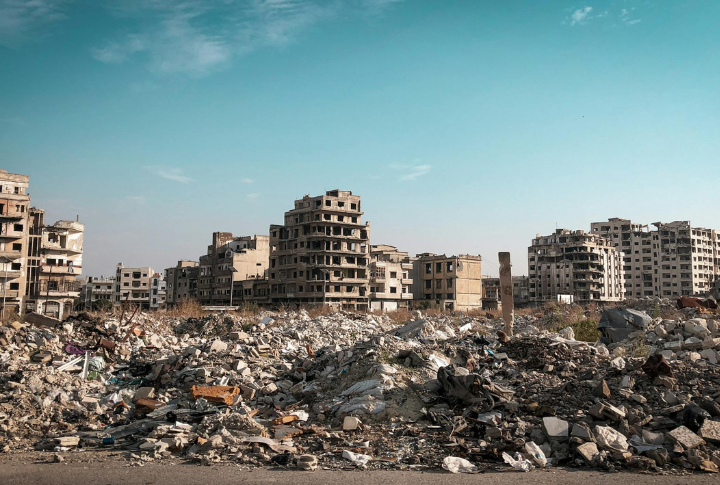
The rise of dark tourism—traveling to places marked by tragedy or trauma—has stirred controversy as more sites become commercialized. Critics argue that turning pain into profit risks minimizing human suffering. When somber locations become photo ops, it blurs the line between remembrance and exploitation, which sparks ethical backlash.
Economic Inequality

Travel was once a universal aspiration accessible to many. Today, soaring costs and inflation have transformed it into a stark symbol of privilege. Luxury getaways stand in sharp contrast to the financial struggles faced by many. The resurgence of travel shaming highlights widening economic disparities, sparking conversations about who gets to move freely.
Political Travel Shaming
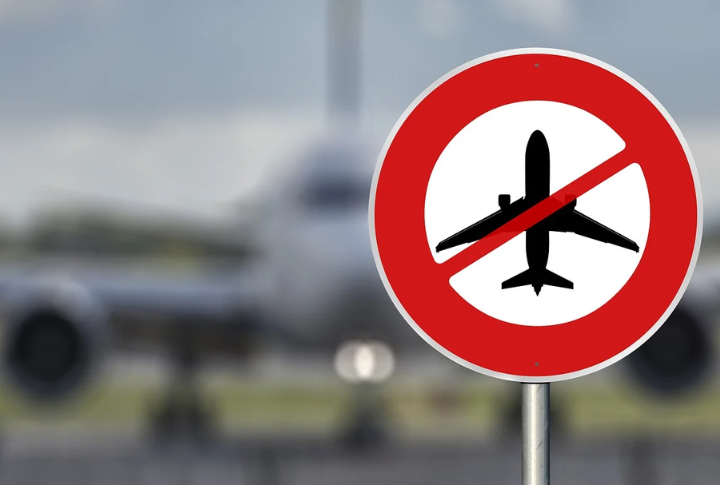
Destinations today are judged not only for their natural beauty but also for their political and ethical contexts. Travelers visiting politically controversial nations often face criticism for perceived complicity in human rights abuses or support of problematic regimes. As global awareness grows, ethical considerations could influence where and how people choose to explore the world.
Animal Welfare Issues
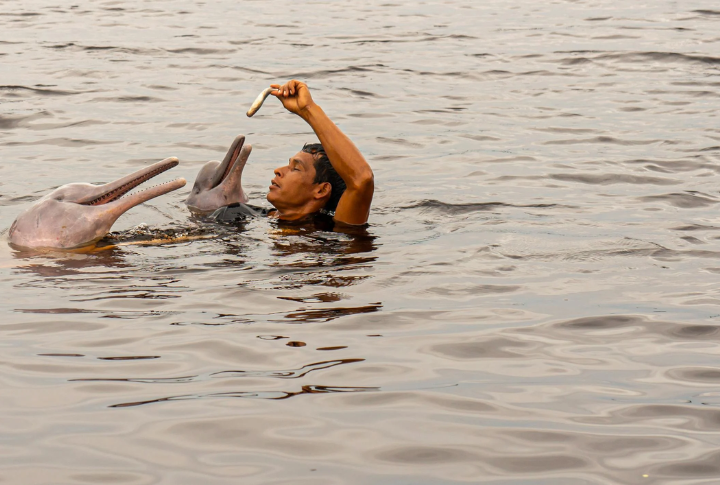
Back then, experiences such as swimming with dolphins or riding elephants were considered exotic travel highlights. Today, they have become potent symbols of animal exploitation. Documentaries and investigative reports exposing the darker side of wildlife tourism have sparked widespread travel shaming campaigns. This has urged tourists to rethink how they interact with animals.
Cultural Insensitivity

The rise of “cancel culture” has intensified public scrutiny of travelers who show disrespect toward local cultures. Ignoring customs, exploiting indigenous communities, or trivializing sacred sites can quickly invite widespread backlash. As global awareness of cultural sensitivity grows, travelers must evolve alongside changing social norms and prioritize respect over mere curiosity.
Overtourism Backlash
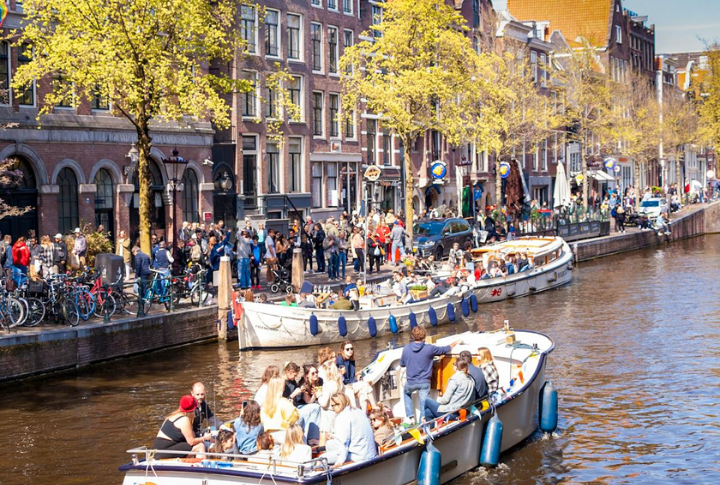
Iconic cities like Venice and Amsterdam now impose restrictions on tourists to combat overcrowding and environmental degradation. Local residents, fatigued by mass tourism’s pressures, sometimes shame visitors who contribute to the strain. In response, governments are seeking a balance between the economic benefits of tourism and the need to preserve community well-being and heritage.
Workplace Resentment

The concept of unlimited vacation days, increasingly common in modern workplaces, has sparked new debates. Employees juggling demanding schedules sometimes harbor resentment toward colleagues who frequently take trips. This subtle form of travel shaming reflects deeper workplace dynamics, where fairness, privilege, and entitlement are in contradiction.
Health And Safety Concerns
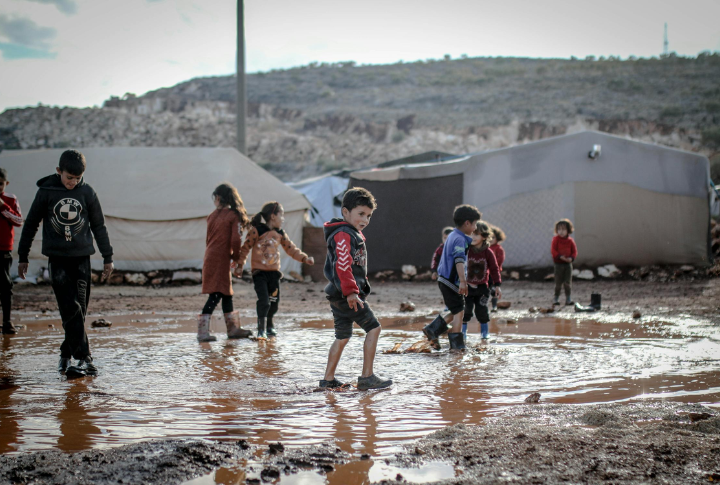
Traveling to conflict zones or areas facing health crises often ignites controversy. While some thrill-seekers pursue unique, off-the-beaten-path experiences, critics argue such choices are reckless and irresponsible. In this evolving global era, travelers must carefully weigh personal freedom against collective safety and public health considerations.
“Last Chance” Tourism Ethics

“Last chance” tourism focuses on visiting endangered natural sites before they vanish. While it aims to raise awareness about these fragile places, critics argue that the growing number of visitors can cause additional stress to delicate ecosystems, potentially speeding up their damage and loss.
Government Restrictions
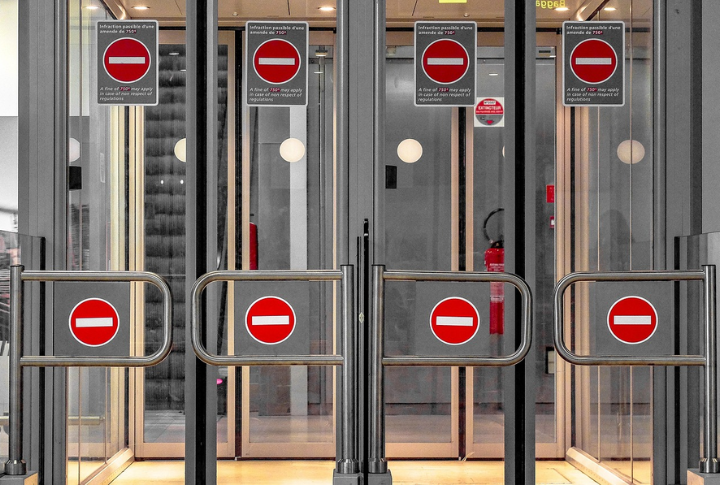
Ignoring official travel bans or advisories can provoke sharp criticism, especially in politically tense climates. Governments have become more proactive in issuing travel warnings and restrictions. These heightened regulations may encourage travelers to make more conscientious, informed decisions about where and how they journey.
Digital Nomad Backlash

More and more digital nomads are moving into popular spots, but locals aren’t always thrilled. They worry the newcomers are driving up rent and changing the neighborhood without really fitting in. This has caused some tension between visitors and residents.
Local Resource Strain
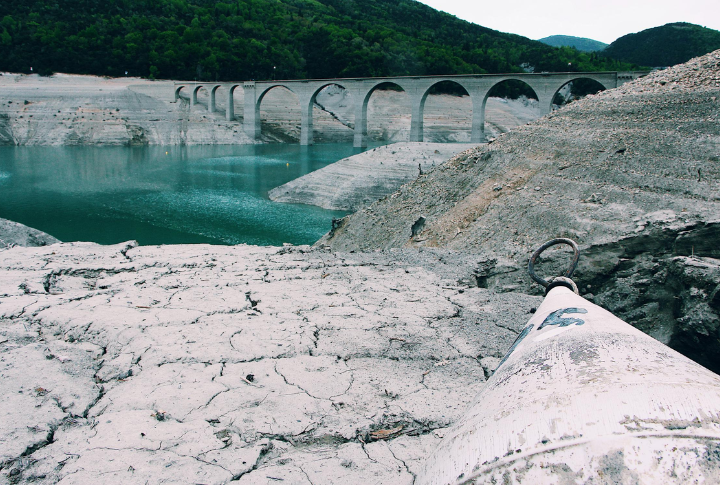
Tourism often increases demand for limited local resources like water, energy, and waste management. In areas already struggling with shortages, visitors can unintentionally worsen the situation. Communities and activists may criticize travelers for contributing to environmental stress and resource depletion.
Influencer Criticism

Travel influencers used to spark dreams of adventure, but public opinion has changed. Lavish, over-the-top trips often trigger resentment rather than admiration, as people now expect honest and ethical stories. Social movements pushing for responsible tourism add even more pressure on how influencers share their journeys.



